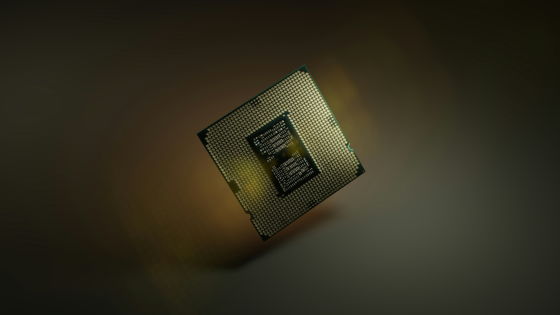Report reveals that Intel's semiconductor manufacturing business failed Broadcom's tests

Reuters reports that chipmaker
Exclusive: Intel manufacturing business suffers setback as Broadcom tests disappoint | Reuters
https://www.reuters.com/technology/intel-manufacturing-business-suffers-setback-broadcom-tests-disappoint-sources-2024-09-04/

Intel says defect density at 18A is 'healthy,' potential clients are lining up | Tom's Hardware
https://www.tomshardware.com/tech-industry/intel-says-defect-density-at-18a-is-healthy-potential-clients-are-lining-up
Broadcom fails Intel's silicon wafer - Phoenix Business Journal
https://www.bizjournals.com/phoenix/news/2024/09/04/intel-wafer-fails-broadcom-test.html
Intel's Foundry Business Fails To Impress Broadcom With Latest 18A Process - Report
https://wccftech.com/intels-foundry-business-fails-to-impress-broadcom-with-latest-18a-process-report/
Broadcom's Testing of Intel 18A Node Signals Disappointment, Still Not Ready for High-Volume Production | TechPowerUp
https://www.techpowerup.com/326274/broadcoms-testing-of-intel-18a-node-signals-disappointment-still-not-ready-for-high-volume-production
On February 21, 2024, Intel launched 'Intel Foundry' as a more sustainable system foundry business designed for the AI era. Intel Foundry is a renamed foundry (contract manufacturing) business that was previously called Intel Foundry Services (IFS).
Intel announces expanded process roadmap for the AI era and expansion of ecosystem partners, aiming to become the world's second largest foundry by 2030 - GIGAZINE

However, Intel Foundry is already in trouble, according to a Reuters report, which cited information from three people familiar with the matter, saying that Intel Foundry had failed to pass Broadcom's tests.
According to the sources, Broadcom was manufacturing silicon wafers, the one-foot-wide disks on which chips are printed, using Intel's most advanced manufacturing process, Intel 18A . However, after Broadcom internally examined the silicon wafers, it concluded that it was 'not yet feasible' to move to mass production.
However, Reuters reported that it was not possible to confirm whether Broadcom had decided to completely end its relationship with Intel and use another semiconductor manufacturing service.
Reuters contacted Intel about this matter and the company responded, 'Intel 18A is powered on, healthy and has good yields. We are on track to start mass production next year. There has been significant interest in Intel 18A across the industry, but as a matter of company policy we are unable to comment on specific customer interactions.'
Reuters also contacted Broadcom, which said it was 'evaluating Intel Foundry's products and services and has not yet completed that evaluation.'

Typically, manufacturing an advanced chip requires more than 1,000 separate steps in a chip factory, taking roughly three months to complete. The success of production depends on the number of working chips on each silicon wafer, and achieving sufficient yields is essential to produce the tens or hundreds of thousands of wafers demanded by large chip designers. Broadcom engineers are concerned about the viability of the process, according to the people.
The price of Intel's silicon wafers is unknown, but Taiwan's TSMC, which also operates a semiconductor manufacturing contract business, is said to be charging about $23,000 (about 3.3 million yen) per silicon wafer.
In addition, Intel's market capitalization fell by more than 25% in the second quarter of 2024, and due to poor performance, it announced a reduction in workforce equivalent to 15% of its total employees and a reduction in capital investment in factory construction. In particular, Intel Foundry recorded an operating loss of $7 billion (about 1 trillion yen) in 2023, which is an increase from 2023. However, Intel expects its semiconductor manufacturing contract business to turn a profit in 2027.
Intel's semiconductor manufacturing division revealed that it had an operating loss of over 1 trillion yen - GIGAZINE

Related Posts:
in Hardware, Posted by logu_ii







